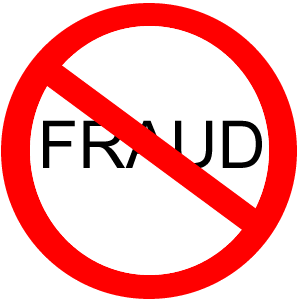
Dante believes that Fraud is a more despicable sin than violence for one main reason. Violence can be caused by every animal in all of creation, while fraud is a sin unique to man, and is a bastardization of God's gifts of free will and intelligence.
Violence is a very basic and bestial sin. Dante puts many beasts in circle 7, to represent how humans become less human when they commit a violent act. The minotaur, the centaurs, and the harpies are all representations of how a human becomes part beast when they commit a violent act. Violence is a behavior that is natural to every creature. Every creature uses violence to survive. Predators use violence to find food, while prey uses violence to fend of the predators. The naturalness of violence against another is why Dante places the violent against their neighbors in the upper part of circle 7. They have committed one of the more natural sins. The violent against themselves and nature receive slightly harsher punishments, but they are still committing fairly bestial acts. Humans are not the only creatures to engage in suicidal behavior. Lemmings jump off of cliffs, and pack animals will follow their leader into any danger. The violent against God and Art are punished more severely due to the more uniquely human nature of their sins, but nevertheless, these uniquely human sins did not directly affect their fellow men.
Fraud is much more severe a sin because humans use the gifts of intelligence and free will to cause harm to their brothers. The major difference between the violent against others, and the fraudulent, is that the violent against others became beast like when they killed and maimed, while the fraudulent used the God given gifts of free will and human intelligence to injure their brothers. God hates fraud more than violence due to the fact that fraud is the abuse of the gifts that God gave to humans, and only humans. These humans are not ignoring Gods gifts like the sullen; they are actively using the gifts of intelligence and free will to cause harm to their fellow men.
I have to agree with Dante's portrayal of Fraud as a more despicable sin than violence. When a human uses God's gifts for evil, they deserve a lower position is hell. Violence is a natural sin, while fraud is a result of humanity's distortion of God given gifts. The fraudulent have abused God's trust in them to use these gifts for good, and now deserve the eternall punishment that they will forever receive.

